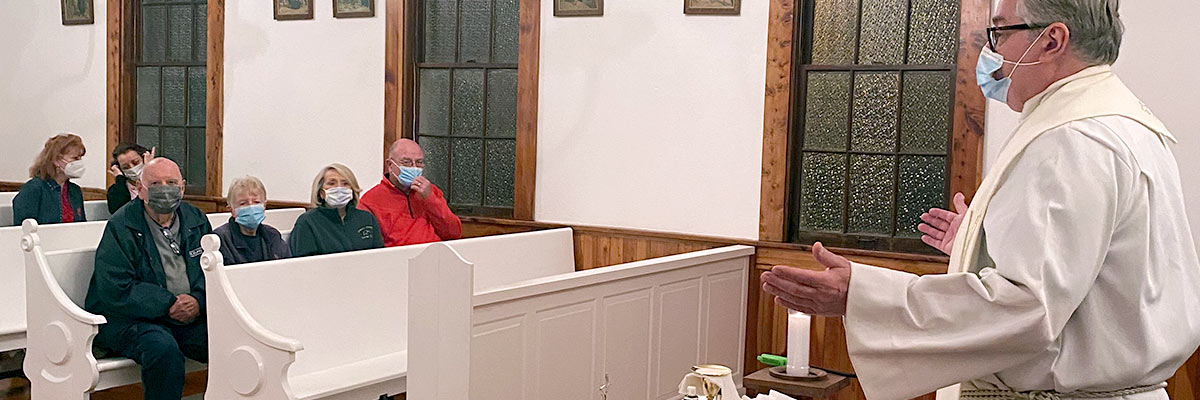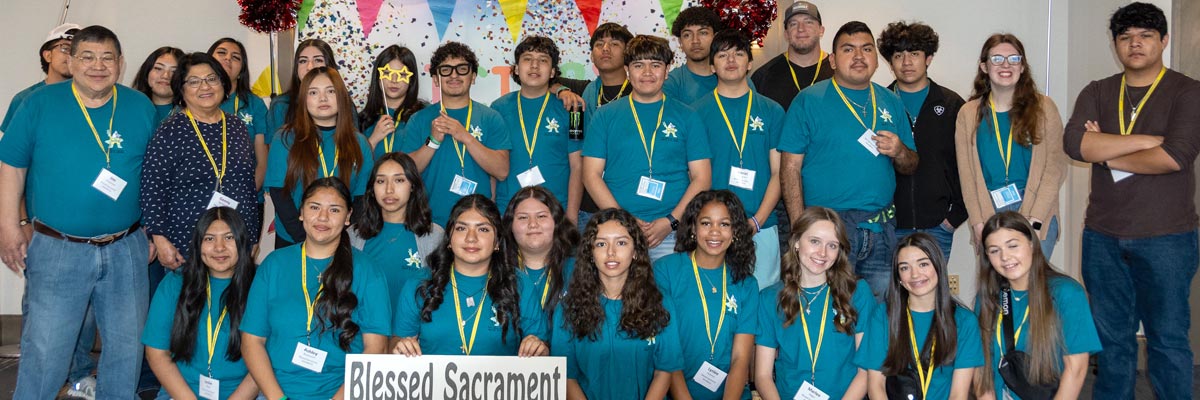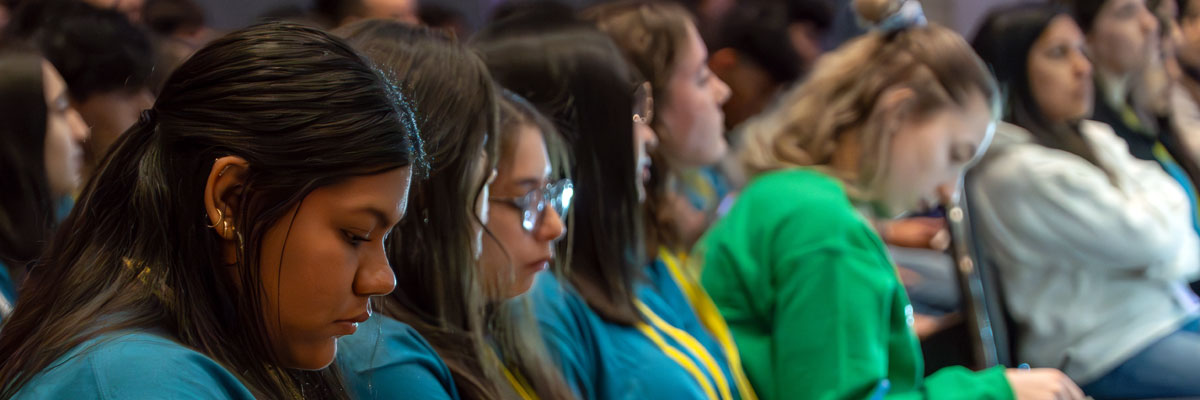Official Website of the
Catholic Diocese of Little Rock
Solemnity of the Assumption of the Blessed Virgin Mary
Published: August 15, 2014
Bishop Anthony B. Taylor preached the following homily during the Mass to celebrate the 135th anniversary of the Church of the Assumption in Atkins on Friday, Aug. 15, 2014.
Download MP3 file to your device

Bishop Taylor
One of the beliefs of some Christians that most Catholics find especially peculiar is the concept of the "rapture" based on 1 Thessalonians 4:16-17: "the dead in Christ will rise first; then we who are alive, who are left, shall be caught up together with them in the clouds to meet the Lord in the air; and so we shall always be with the Lord."
Here St. Paul is simply trying to reassure the early Christians that those who die before Jesus' second coming will not be disadvantaged compared to those who are still alive. This passage refers to the general final resurrection at the end of time when the Lord returns and I am sure that it has been read at many of the funerals of your loved ones here in Atkins over the course of the past 135 years.
Today we are gathered in this Church of the Assumption on the feast of the Assumption of Mary, who did ascend into the clouds, though not as "rapture" and not at the end of time. Mary's assumption into heaven resonates with what we find in First Thessalonians in the sense that she didn't have to wait until after death to enter into God's presence — her assumption is believed to have taken place at the moment when she otherwise would have died — but as we see from today's readings, there was a lot more to it than that. She had already given herself over fully to doing God's will from the time of the annunciation and her subsequent visitation of her cousin Elizabeth, who was in the final months of her pregnancy with John the Baptist.
Elizabeth cries out with words that we now pray in the Hail Mary: "Blessed are you among women and blessed is the fruit of your womb."
And notice the joy of that encounter. Elizabeth cries out with words that we now pray in the Hail Mary: "Blessed are you among women and blessed is the fruit of your womb." And Mary responds with her famous Magnificat, which reminds us that we do not have to wait until death to enter God's presence ... and experience that presence in personally life-giving ways. God has mercy on all who fear him. He lifts up the lowly. He fills the hungry with good things.
He has remembered his promise of mercy. But alas, those who seek security in their own power and possessions find themselves excluded and strangely empty of everything that really matters. The mighty will be cast down from their thrones. The rich will be sent away empty.
The implication is threefold: 1.) God's work of transforming the world — raising up the lowly — is not limited to the next life. It begins with Mary conceiving Jesus in her womb and continues through us in the present day. 2.) While God gave Mary an extremely important role in Jesus' work of transforming the world, we too have been given an important role in God's plan of salvation through Jesus too, here and now. And 3.) if we don't carry out faithfully the work that God has entrusted to us in this life like Mary did, how do we expect to share in his promises regarding the life to come? Some will rise from their graves for salvation, but it's not automatic.
Mary's assumption which we celebrate today was a consequence of her faithfulness and God's mercy ... it wasn't automatic. I doubt if most of the people buried in your parish cemetery over the course of the past 135 years thought going to heaven was automatic either. So today we pray for them and we pray for you and we pray for the generations yet to come ... thanking God for his many blessings in the past and asking for his continued blessings for the future.









